The breakaway movement is as strong as ever and unlikely to slow down despite the recent departures from the Broker Protocol, top recruiters say. Some advisors may be even more inclined to go independent due to their ire at wirehouse policy shifts.
Yet, the fact remains that many brokers are paid very well and are averse to upsetting the applecart (even one of the recruiters says it’s hard to argue with that).
In this third installment of our annual recruiters roundtable, top headhunters discussed how they see this tension playing out, where the next generation of advisors will come from and what compensation changes could be around the corner. See the first and second installment
Our participants were: Elizabeth McCourt, president of McCourt Leadership Group; Mindy Diamond, president and CEO of Diamond Consultants; Mark Elzweig, president of Mark Elzweig Co.; Michael King, president of Michael King Associates; Rick Rummage, president of the Rummage Group; Danny Sarch, president of Leitner Sarch Consultants; and Bill Willis, president and CEO of Willis Consulting.
Below is a lightly edited version of our discussion.
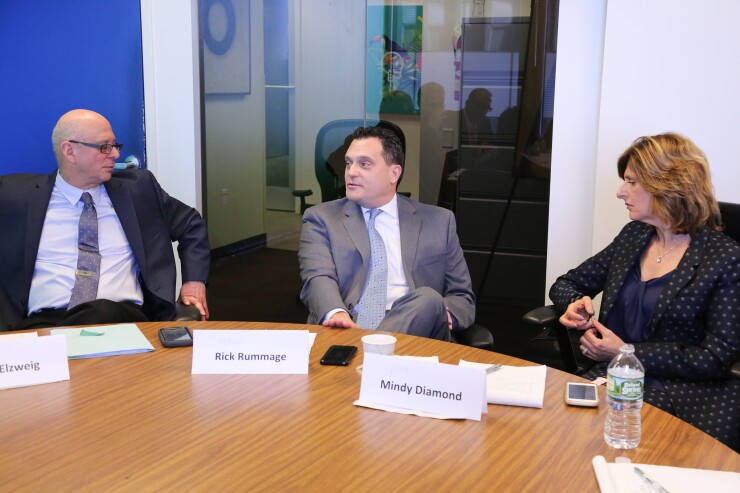
OWS: Let's talk about the move to independence. Is it still as strong now in the post-protocol world? Or will the protocol affect the flow of talent?
ELZWEIG: It could affect it in the short-term. If you were to join another wirehouse or if you were to join a major regional firm and they really want to hire you, they're going to step up and take care of whatever legal difficulties you might encounter leaving a suddenly non-protocol firm. So I think in the short term it could slow some moves to independence. I don't think in the long term it will.
One of the biggest notable losses came from Merrill Lynch, which lost a team managing $1 billion to the independent space.
OWS: For how long?
ELZWEIG: Three months. Not very long, because eventually what will happen is you're going to have people who want to start their own RIA. And they are going to hire an attorney who is going to show them how to get out of those two places without violating a non-solicit agreement. And once that's publicized, I think a lot more people will go independent. So in the long term, it will act actually as a catalyst because all the people's status has been suddenly downgraded who have their autonomy taken away. Like Mindy, I've spoken with people who were perfectly happy at major wirehouses. And now that their status has been downgraded, they're very upset.
SARCH: There’s palpable anger.

DIAMOND: I think even in the short run, it accelerates the momentum. As we speak, there are independent firms that have already stepped up and talked publicly about creative ways to deal with non-protocol hires to facilitate, to get capital into the hands of the advisor. To put money in escrow for them. To offer a certain amount of transition money and hold some back in the event that they're hired. There's a lot of creativity … It might delay somebody's move three months until they see more precedent and until some things catch up? But will it delay the momentum? Not even a little.
SARCH: I agree with a lot of that, but I'll disagree on one point … Yes, there is a lot of anger, and the attitude of the big firms made the people want to go independent. But let's not underestimate the best teams are just that, teams. And some of them are terrified of legal battles, which is understandable. I met a leader of a $10 million team and he's like, ‘I don't like the rest of them, but I'm still making $4 million. That's not a bad life.’ It's hard to argue with that person.
WILLIS: The real fear is you get TRO'd and can't call your clients.
SARCH: Agreed.
OWS: What compensation changes do you expect in the next few years?
WILLIS: I believe there's going to be a movement in the future regarding compensation for salary-plus-bonus. That will help in the way books are passed from one generation to the next. And it's going to be the way to involve people in the business in a manner that works.
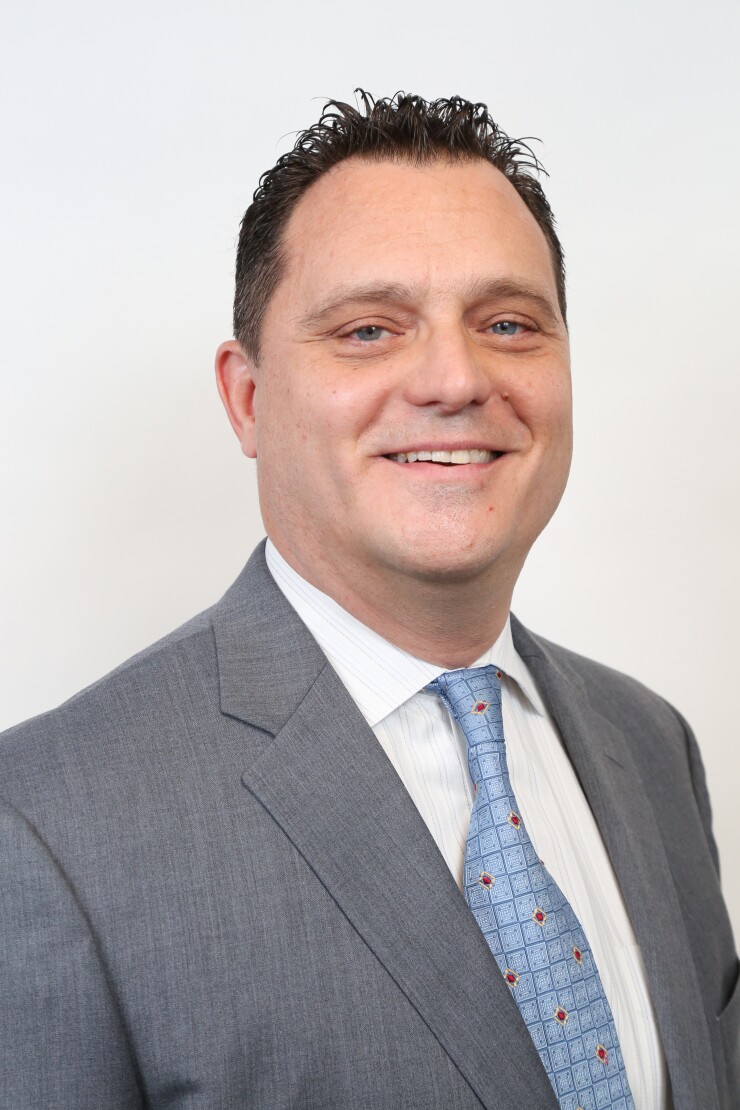
DIAMOND: Do you mean a salary and bonus for the whole industry or just for trainees?
WILLIS: I think you're going to see some individuals who come in and stay on a salary, bonus basis.
DIAMOND: That could be a topic in and of itself. Every advisor in an employee-based model is worried that every day they’re chipping away comp and heading toward salary bonus.
RUMMAGE: I think hourly fees for advisors time is a key option, although I don’t think it will really catch on industrywide. My neighbor is a perfect example. He was a wealthy executive, now he’s retired. He told me he had a Merrill Lynch advisor, who he was thrilled with. When [the client] is on the phone, he likes to dig deep when there's an event, like, he has a new grandchild. … Other times he won't talk to [the advisor] for a couple of months and that's fine. He told him, ‘Look, how about when I call you, start the clock and I'll pay you $500 an hour like I do my accountant?’ He feels that's fair. I totally agree. … But the advisor said he wasn’t allowed to do that. … Not allowing that freedom is a big weakness of the brokerage industry. You need to give the freedom.
WILLIS: We do see that in the RIA space. You can separate transaction cost from your advice cost. You can charge for planning. You can do it hourly. You can do it any way you like. But that option doesn't exist in broker-dealers by and large.
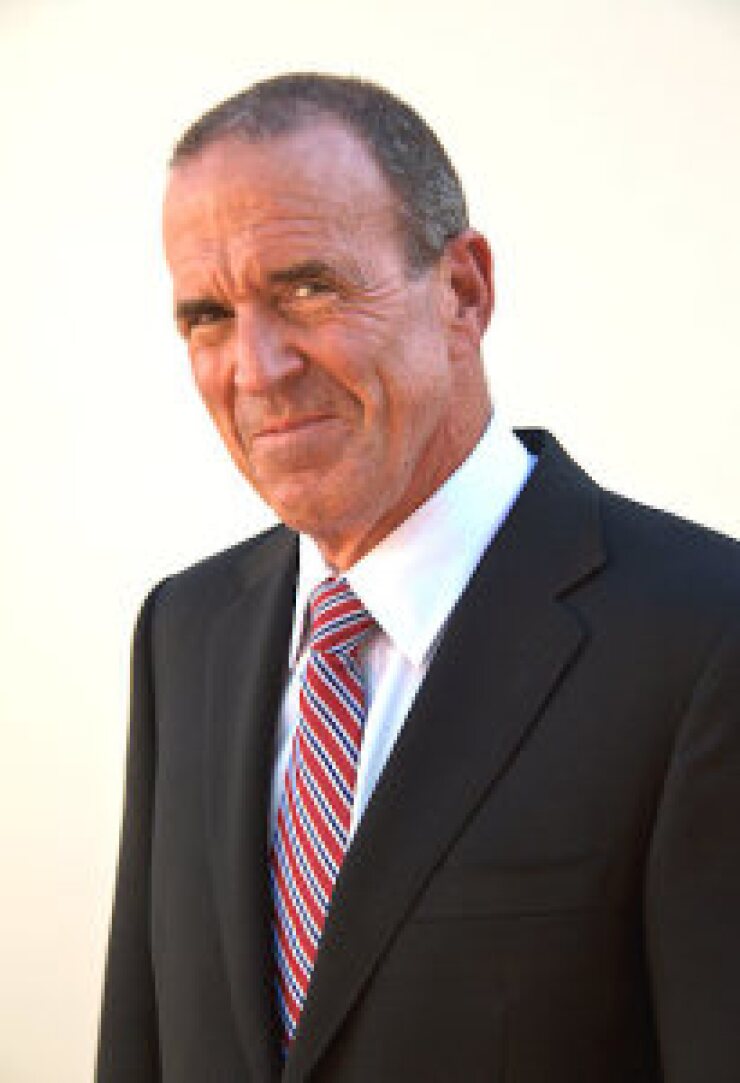
OWS: Would you expect to see it down the road?
WILLIS: I think we will. I think after you assume a fiduciary position as an advisor, you should have the right to charge that way. Well, everyone is an advisor now. … but oddly they're paid on the basis of the products they sell, not the advice they give. And as products become more and more commoditized, that get sillier and sillier. So yes, I think, there's a very good chance that that will happen. One trend is something that Merrill is doing this year. … the firm has seen people kind of laying back, growing their business on the basis of the market. Merrill is now saying if you bring in X-net new money, you jump up two points on the grid. Conversely, if you don't, you jump down two points on the grid. … It's a bold move, but they're encouraging what I think is appropriate behavior. It's making some people angry, as change always does. But I won't be surprised to see other firms follow if they're successful. … Candidly, I think it’s a strong move, even if it’s not a popular one. … They're not saying, ‘Sell this product, sell that product.’ They're saying, ‘Bring in more customers and we will reward you by paying you more money, because you're a growth asset in our firm.’ If I was a new advisor, I'd think that this is great because I'm going to grow.
SARCH: Where I disagree is I think above a certain level of competence or production level, it shouldn't matter. I just don't understand is why the wirehouses don’t want to keep the big producers happy and have them not go independent to the smaller firms. Why wouldn't they say to the big producers — pick a big number, say, $5 million — and tell them, ‘You're immune to all this other stuff.’
DIAMOND: Because they like to manage the lowest common denominator, that's why.
ELZWEIG: I think firms are now afraid to monkey with their grids. Traditionally, every year they started changing the grid around and people felt a loss of sense of control. Advisors would get mad and leave. So now the major wirehouses leave their grids intact, firms have realized that giving producers a slightly different grid every year is a losing strategy, because you're always going to lose people when you do that. … the exception would be changed to encourage growth or, in Wells Fargo's case, larger accounts.
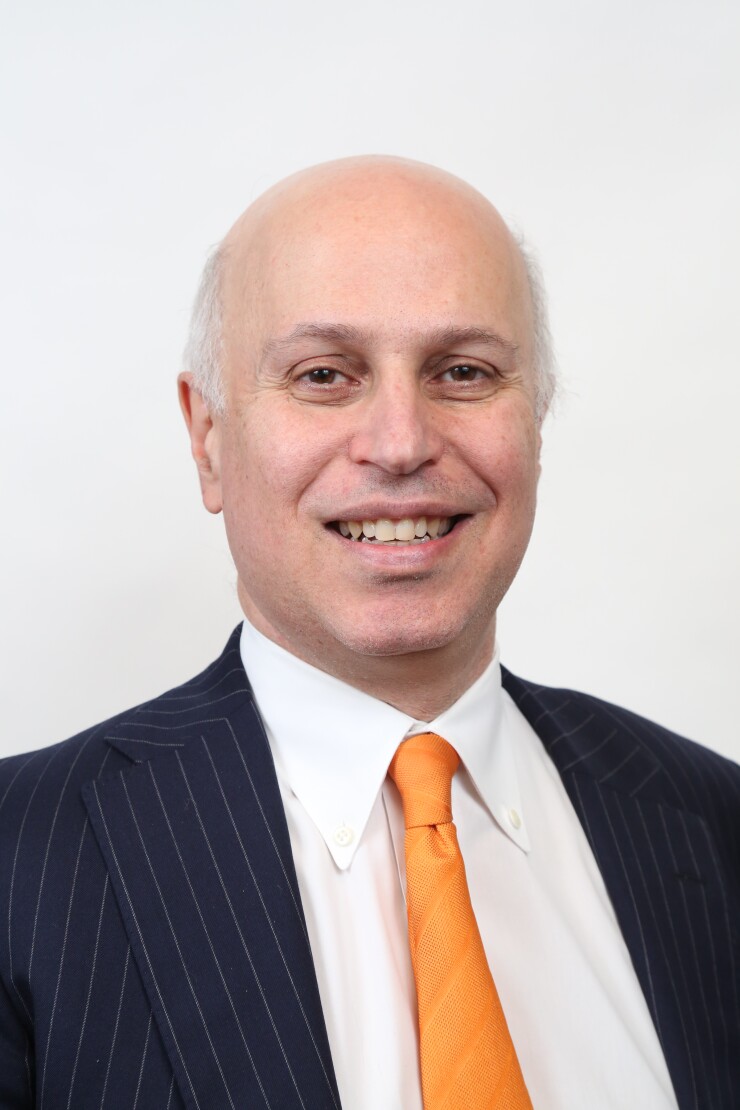
OWS: How do advisors feel about those kinds of changes?
RUMMAGE: They have no clue how they're compensated. They really don't. When you ask them, ‘Have you read your compensation guide,’ which is usually 30 pages, most of them have not, or they say it's too confusing. A small percentage of them — the analytical ones — understand how they're compensated, but most of them are clueless.
DIAMOND: To Danny's point, they can afford to be clueless because they're making decent money. Because they believe they're being paid a fair wage and it's more than good enough. … So despite the few things that frustrate them, they stay.
SARCH: Exactly. Because some are making a million dollars a year.
OWS: Bill, you asked earlier where the new crop of advisors will come from. Go.
WILLIS: They’re going to come up through the bank channel. It really is seemingly the only way to go. We talked about firms having programs where they bring on people and put them on teams. But that’s tough because firms are unwilling to pay long-term for those people. … And advisors are unwilling to cut people into their book of business. It's really that simple. Not all of them, but a majority. … So I believe Wells and Merrill, through their bank channels, will create opportunities for growth.
RUMMAGE: The secret of the new training ground, though, is the thousands of independent offices and RIAs. They're hiring junior brokers. They're getting them licensed. And those guys sometimes aren't making it.
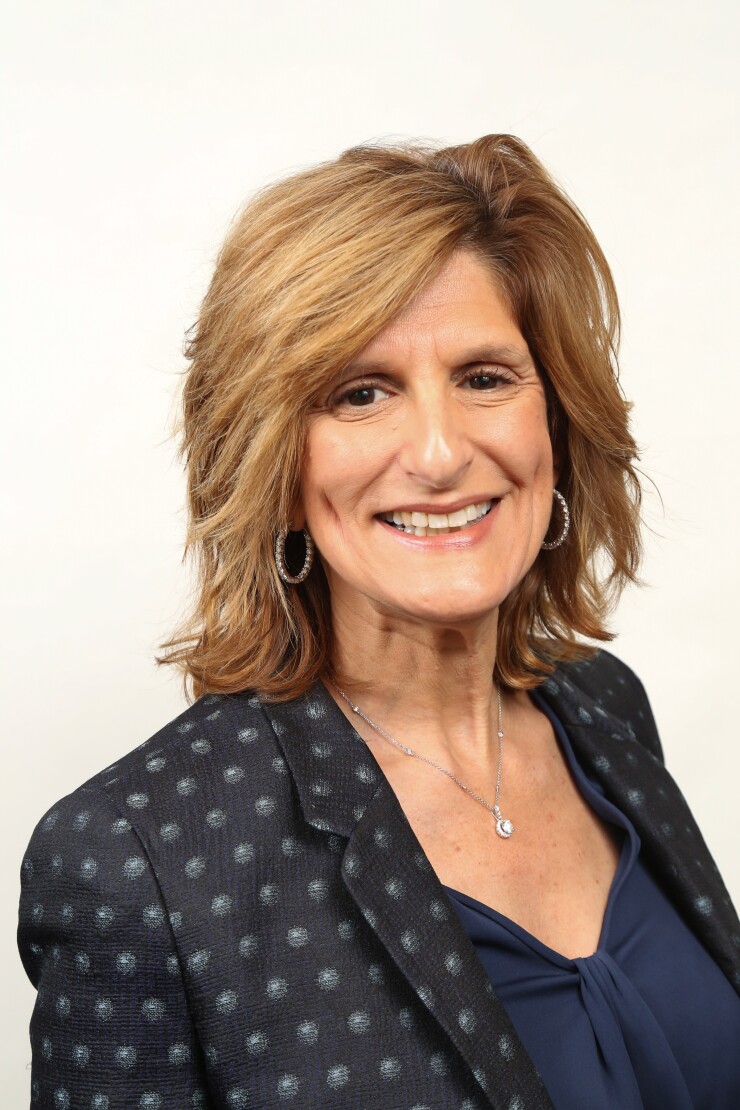
DIAMOND: I just had a friend's son who wanted to go into wealth management. He’s 24 years old and he asked me what I thought he should do. I said, ‘I don't think you should go into a formal training program. It can be a great way to learn, but I think you're going to be locked into it. And you don't even know if you’ll like it.’ So I set about finding him a solid team in New York. He's learning the business and getting licensed. I think that's a great way to do it. He's learning from seasoned advisors.
SARCH: Will he have his own accounts?
DIAMOND: We talked about that. What I said to him is that when you get to a point where you're opening business, you need to make sure that it's an agreement where you don't become an indentured servant. That you get your own rep code.
OWS: On that, we conclude our roundtable. Thank you all very much.






